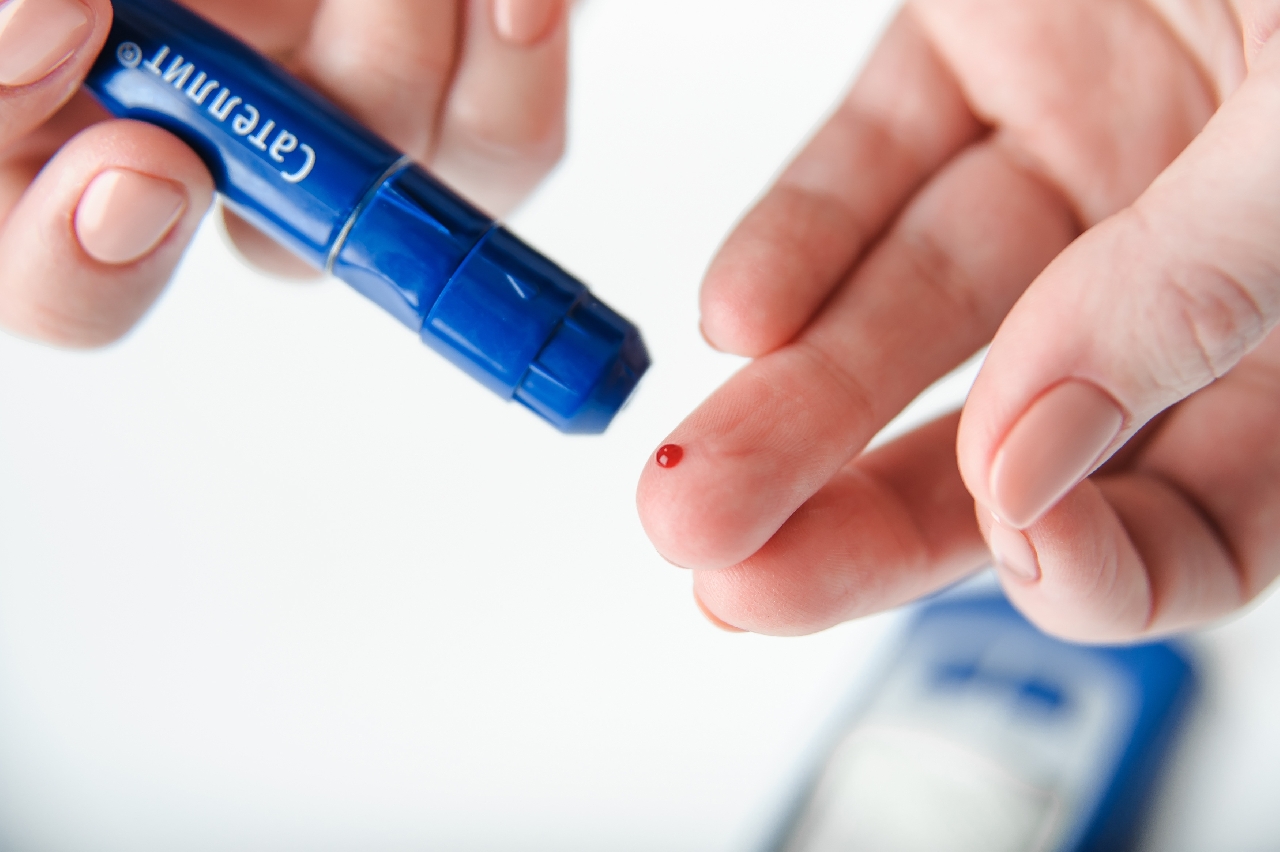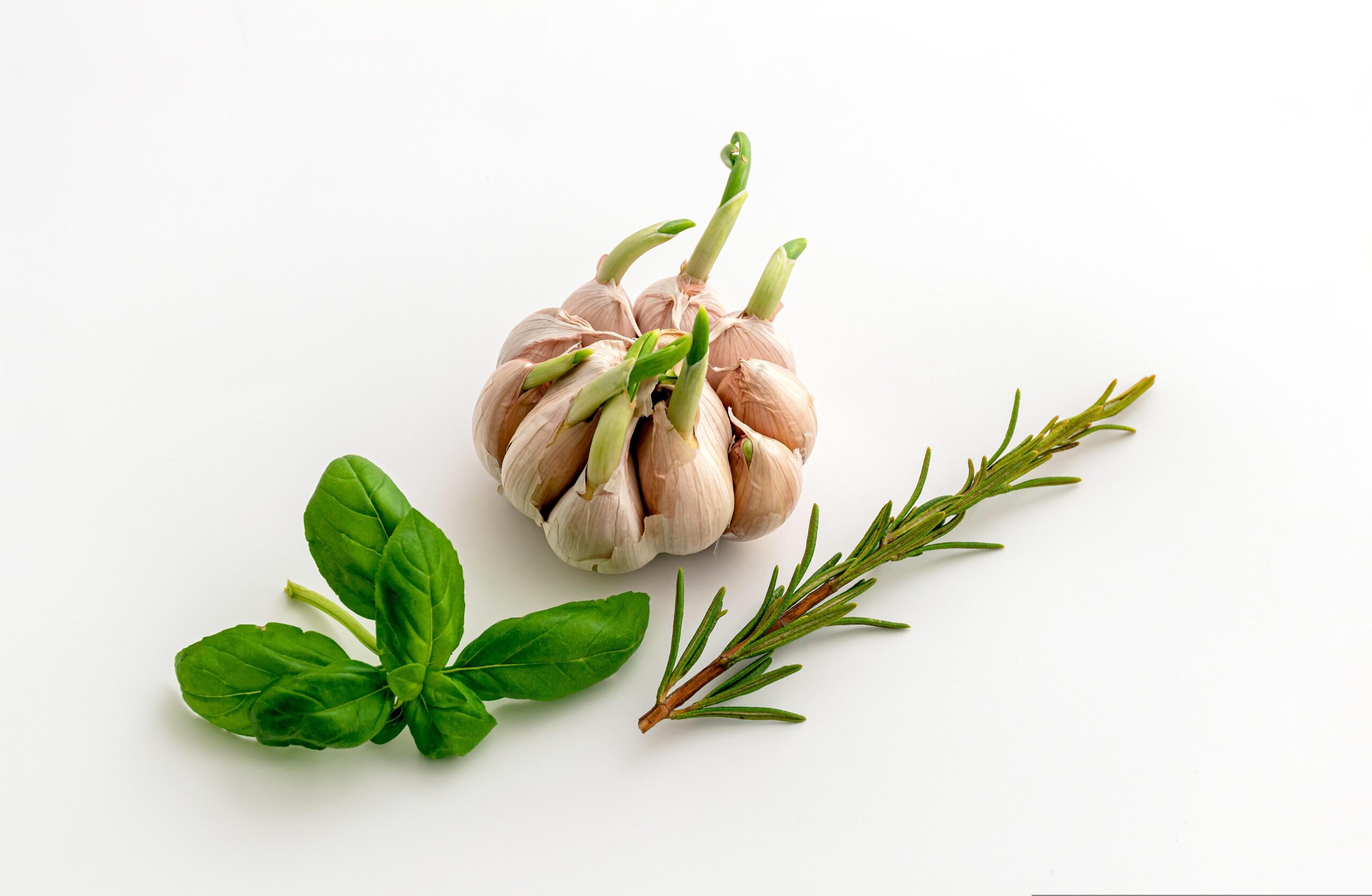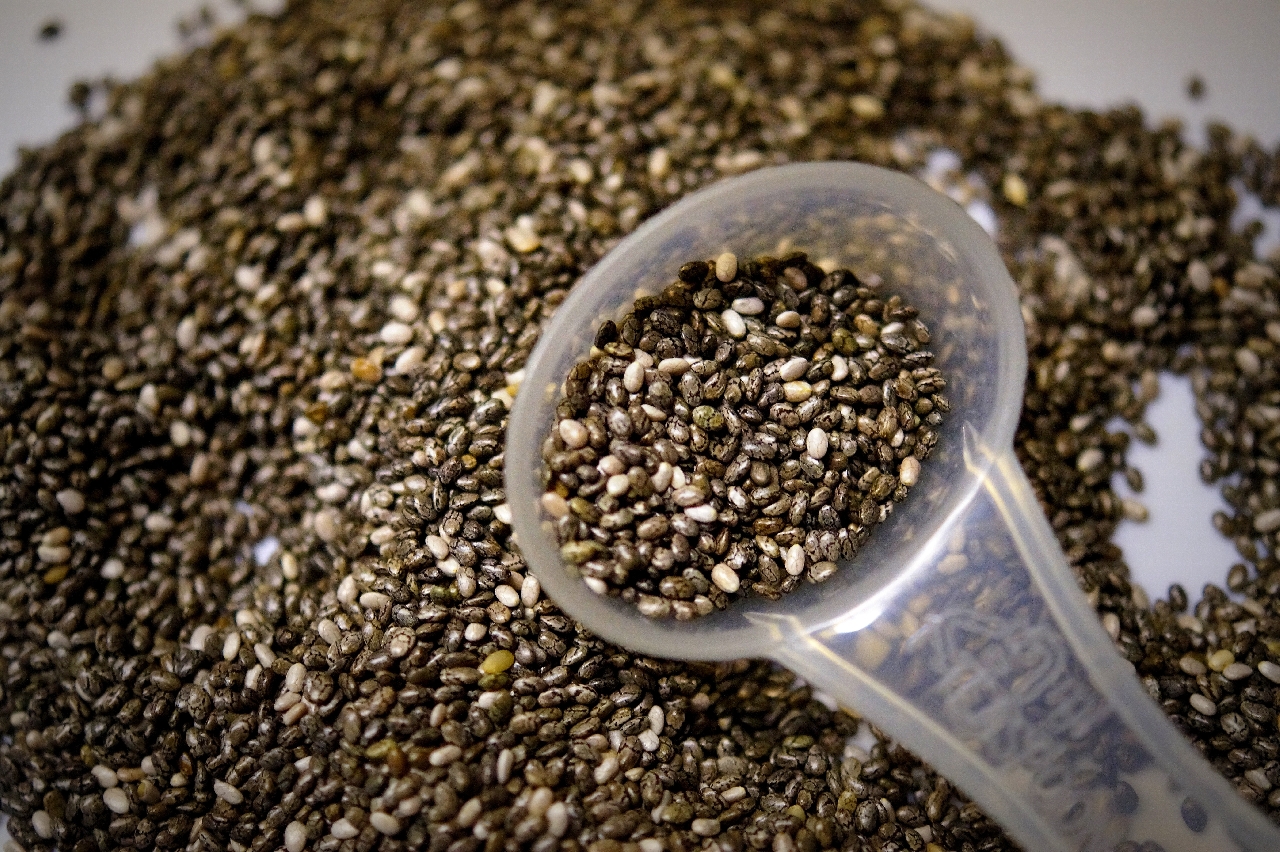THE HEALTH AND FITNESS BLOG
3 Effective Ways to Manage Diabetes
June 01, 2022 – By Dr. Haider Khalid
The main goal of diabetes management is to keep blood glucose levels normal. Doctors usually prescribe medications or insulin injections for that purpose. But there are also other ways to tight control your blood glucose levels. These therapies aim to improve your overall health status.

According to a famous saying, “Diabetes and hypertension are the conditions brought about by lifestyle. If you change your lifestyle, those conditions will leave.” Before diving into the primary information, you first need to understand the two types of diabetes properly.
Type I vs. Type 2 Diabetes Mellitus
Diabetes can be of two major forms. One is type 1 diabetes, which mainly occurs at an early age. It results from some inflammatory condition that damages the pancreas, the organ responsible for insulin production. Therefore, patients with type 1 diabetes need to take insulin from outside to control their blood sugar levels.
In contrast, type 2 diabetes mostly occurs in the elderly population. People with type 2 diabetes do produce insulin. But tissues do not respond to insulin, a phenomenon known as insulin resistance. Therefore glucose remains in the blood. Increased insulin resistance is primarily due to obesity and stress hormones such as cortisol. Thus, managing type 2 diabetes includes reducing body fats and stress.
Alternative Treatment Options for Diabetes
In this article, you will get to know three effective ways to manage type 2 diabetes, other than medications.
Indulge in Exercise Regularly

According to a review, exercise is one of the best approaches to managing type 2 diabetes (1). It reduces blood glucose levels, maintains blood pressure, and improves glucose utilization by tissues, particularly by muscles. Therefore, it helps to achieve all the primary goals of diabetes management.
Most of us neglect regular exercise, an essential component of healthy living. Moreover, improving health status reduces the risk of diabetes complications.
Effective Dietary Supplements
For centuries, people have been using herbs to treat different ailments. Recently, there has been a new addition to the natural remedy as supplements. In the scientific literature, there is limited evidence that shows the effect of supplements or herbs on blood glucose levels. But people experience improvement after the consumption of some herbs and medicines.
A few important ones whose effects are supported by clinical studies are part of this article.
Aloe Vera
According to a literature review, individuals who ingest aloe vera show a reduction in fasting blood glucose (2). But this effect comes at the cost of several side effects due to the laxative effect of aloe vera.
Alpha-Lipoic Acid

Alpha-lipoic acid is potentially known for its anti-oxidant effects. It prevents free radical formation and helps to reduce cellular damage. In this way, this supplement heralds the early development of diabetic complications, such as nerve damage (3).
Some foods containing alpha-lipoic acid include spinach, broccoli, and potato.
Cinnamon
Some studies support the idea of better insulin function after regular ingestion of cinnamon. But the results are inconsistent. Therefore you can include cinnamon in your dietary habit, but it doesn’t help manage diabetes.
Garlic
Garlic is considered the most effective health-enhancing agent among natural food ingredients. According to research, garlic contains anti-inflammatory substances that enhance insulin release. Through these effects, garlic has a preventive role in developing complications with diabetes (4).
Moreover, garlic contains other chemical components that help prevent other chronic diseases like high blood pressure.
Magnesium
Magnesium has no significance in the management of diabetes. But there is scientific data that show an increased incidence of diabetes in people with low magnesium in their blood. Therefore, it would be best to take magnesium supplements to prevent the early development of diabetes.
If you don’t like taking supplements, eating whole grains, nuts, and leafy vegetables can provide you with magnesium.
Omega 3 Fatty Acid
Omega 3 fatty acids are good fats present in grains, beans, and fish oil. However, they do not have any influence on blood glucose levels. But they somehow reduce harmful fat levels in the blood, enhancing the overall state of health. Therefore, they are an effective addition to the management of diabetes.
Plant-based Diet
According to a study, the incidence of diabetes in non-vegans is twice that in vegans (5). This finding clearly shows that eating a plant-based diet reduces your risk of having diabetes. Some of the important plant components that you can use in your diet include vegetables, grains, legumes, and fruits.
A vegan diet reduces blood cholesterol, maintains blood glucose levels, and reduces body weight, indirectly promoting a healthy weight. All these effects are crucial in the management of diabetes.
Mind-body Approaches
Stress has a close association with diabetes. According to a clinical study, stressful experiences impact the onset and progression of diabetes (6). In addition, people who tend to stress more cannot maintain their blood glucose levels even after medications.
The story doesn’t end here. Most of us become more anxious and depressed after the disease diagnosis, further aggravating the condition. In contrast, those who have less stressful lives can better manage diabetes.
Here you will get to know some relaxation techniques that help you have a calm and healthy life.
Aromatherapy
Aromatherapy is a stress-relieving technique. It involves smelling oils to reduce stress. Unfortunately, there is not much research showing the association between aromatherapy and diabetes management. However, an old study conducted in 2005 did relate smelling the mixture of several oils in regulating blood sugar levels (7).
Meditation
Meditation significantly influences the reduction of stress, which may play a significant role in diabetes management. Meditate on God’s word today, there you can find complete healing for all your health issues today.
REFERENCES
- Asano RY. Acute effects of physical exercise in type 2 diabetes: A review. World Journal of Diabetes [Internet]. 2014 [cited 2022 Jun 2];5(5):659. Available from: https://www.ncbi.nlm.nih.gov/pmc/articles/PMC4138589/
- Birdee GS, Yeh G. Complementary and Alternative Medicine Therapies for Diabetes: A Clinical Review. Clinical Diabetes [Internet]. 2010 Sep 1 [cited 2022 Jun 2];28(4):147–55. Available from: https://clinical.diabetesjournals.org/content/28/4/147
- Golbidi S, Badran M, Laher I. Diabetes and Alpha Lipoic Acid. Frontiers in Pharmacology [Internet]. 2011 [cited 2022 Jun 2];2. Available from: https://www.frontiersin.org/articles/10.3389/fphar.2011.00069/full
- Liu C-T, Sheen L-Y, Lii C-K. Does garlic have a role as an antidiabetic agent? Molecular Nutrition & Food Research [Internet]. 2007 Nov [cited 2022 Jun 2];51(11):1353–64. Available from: https://onlinelibrary.wiley.com/doi/abs/10.1002/mnfr.200700082
- Trapp C, Levin S. Preparing to Prescribe Plant-Based Diets for Diabetes Prevention and Treatment. Diabetes Spectrum [Internet]. 2012 Feb 1 [cited 2022 Jun 2];25(1):38–44. Available from: https://diabetesjournals.org/spectrum/article/25/1/38/2924/Preparing-to-Prescribe-Plant-Based-Diets-for
- Lloyd C, Smith J, Weinger K. Stress and Diabetes: A Review of the Links. Diabetes Spectrum [Internet]. 2005 Apr 1 [cited 2022 Jun 1];18(2):121–7. Available from: https://spectrum.diabetesjournals.org/content/18/2/121
- Talpur N, Echard B, Ingram C, Bagchi D, Preuss H. Effects of a novel formulation of essential oils on glucose-insulin metabolism in diabetic and hypertensive rats: a pilot study. Diabetes, Obesity & Metabolism [Internet]. 2005 Mar 1 [cited 2022 Jun 1];7(2):193–9. Available from: https://pubmed.ncbi.nlm.nih.gov/15715893/

Leave a Reply